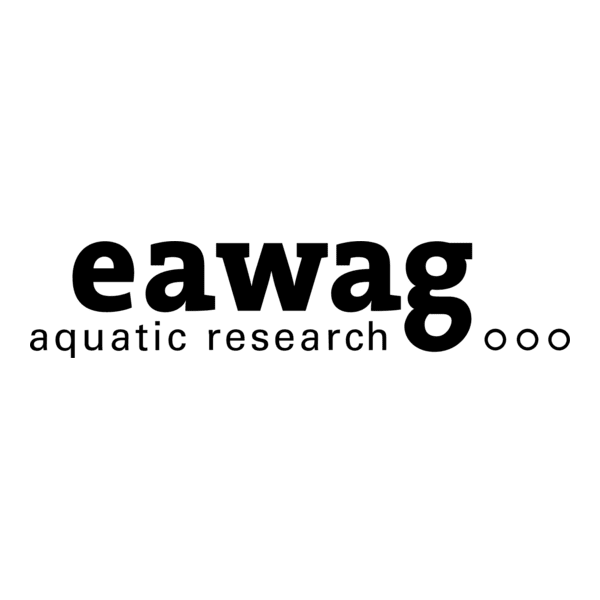Aus-/Weiterbildungen
Sind Sie interessiert daran, aktiv an einem Workshop teilzunehmen? Dann sehen Sie sich hier alle akteullen Kursangebote an!
Anmerkung: Die Weiterbildungen sind nach dem Datum der Durchführung soritert. Bitte beachten Sie, dass eventelle Ameldefristen bereits früher auslaufen können. Genauere Angaben finden Sie bei den jeweiligen Veranstaltungen.
Die Webseite wird stetig aktualisiert. Falls Sie ähnliche Mitteilungen für unsere Community haben, zögern Sie nicht Kontakt mit uns aufzunehmen.

23.01.-19.06.26, Institut sunKhronos
Webinars: Tea Time Talks (second season)
January 23, February 20, March 20, April 24, May 22, June 19, 2026,
4:00pm – 5:00pm CET, online
Following the interest generated by the first season of the Tea Time Talks (TTT), the Temporalities, Rhythms & Complexity Lab welcomes again all those - students, researchers or professionals - who are looking for an informal and yet stimulating virtual space to exchange or explore new ideas, start conversations, and develop new or unexpected connections.
TTT offer a playground for intellectual exploration, and a favorable environment for testing concepts, exchanging points of view and refining our thinking. These conversations (in English) revolve around the TRC Lab's research themes (time, space, rhythm, complexity, rhythmic intelligence, rhythmanalysis) and the themes that ground the work conducted at the Sunkhronos Institute (transformation, transition, emancipatory education, critical pedagogy, life history, experiential learning).

23.-26.02.25
Higher Education as in Democracy Education -teaching/learning as a democratic practice - in all academic disciplines
Experience democracy in practice, reflect on it and transfer it
to your own academic teaching and research.
Away from authoritarian teaching and towards joint learning.
The workshop is primarily designed for lecturers, tutors and colleagues working in higher-education didactics. A small number of spots are also reserved for people who are active in educational work outside the university, as the exchange across different educational contexts enriches the workshop and broadens the perspectives we bring into higher education.
Application deadline: 21 December 2025

25.02.2026, Engaged UniBe
Nachhaltige Entwicklung und gesellschaftliche Transformation: Die Rolle(n) der Wissenschaft
Die Wissenschaft ist aufgefordert, ihre Erkenntnisse stärker als bisher in gesellschaftliche Veränderungen einzubringen – zu einer transformativen Wissenschaft zu werden. Was bedeutet das für das wissenschaftliche Selbstverständnis, und welche Rollen umfasst dieses? Welche Kompetenzen sind dafür notwendig? Und schliesslich: Was bedeutet dies für die Rolle der Universität in der Gesellschaft?
Februar 2026, Bern

18 - 21 March 2026, Geneva, Art of Participatory Leadership
In the midst of today’s turbulence, how can we navigate with purpose and confidence in the “not knowing"? 13th Art of Participatory Leadership Workshop
We – the Art of Hosting community – see collective intelligence and participatory methodologies to give it life as a creative way forward.
Join us to learn, experiment and practice during the “Art of Participatory Leadership” training, near Geneva, on March 18-21st 2026!
We’ll explore
- how to navigate, individually and collectively, through constantly evolving and quite unpredictable conditions in the world around us
- how to increase engagement of colleagues and stakeholders across disciplines, departments and organisations
- how to make the professional environment and the ways of working richer and more productive.
Experiment with methods and approaches and live the ethos for ensuring your meetings and collaborative processes matter.

16.02.-13.04.26, Technische Universität Berlin
Democratizing sustainability and strengthening democracy durably - Online - Spring 2026
What counts more in your private and professional life - result or process? Do you already have the answer and want others to just accept it? Do you prefer to endlessly discuss without getting into action? - Whom do you include in decision making processes and whom do you exclude? When do you feel included/excluded yourself? - What are you allowed to take decisions upon and what is kept beyond your reach?
16 February > 13 April 2026
16 Online Meetings

12.6./03.07./tba 2026, Eawag, WSL, TdLab
Three new LeadCampus training and education offers
New LeadCampus training and continuing education offers on integrative leadership (12.6.2026), knowledge integration (03.07.2026) and researchers’ roles in inter- and transdisciplinary projects (on demand) offered by the Inter- and Transdisciplinary (ITD) Research Group at Eawag in close collaboration with WSL and TdLab (ETHZ).

06-10.07.26, University of Vienna
Green Policy Lab – Science for Policy Summer School
At the Green Policy Lab, a Summer School co-organized by the University of Vienna and IIASA, you’ll explore how researchers can meaningfully contribute to green and evidence-informed policymaking. Through an immersive programme combining hands-on learning, expert input, and international ex- change, you’ll discover what it takes to navigate the science-policy interface and make your research count. Join us and become part of a growing community shaping greener and more resilient futures!
Apply by 9 March 2026
Date: 06 - 10 July 2026

07.-12.06.25, Citizen Science School
Citizen Science Summer School 2026: Co-Creating Knowledge: Transforming Research Through Citizen Science
Research for whom? Whose knowledge counts? How can we make research practices more inclusive? And how can Citizen Science contribute to solving societal challenges?
We are back with the 5th edition of our Citizen Science School series! This summer school focuses on the topic “Co-Creating Knowledge: Transforming Research Through Citizen Science”. Are you interested in Citizen Science and its participatory approaches? Are you a Master’s student, doctoral candidate, postdoc, or practitioner aiming to develop a Citizen Science project idea? Or are you already planning or implementing a project? This program will give you the tools and methods to take your Citizen Science journey further.
Application Deadline: 15 February 2206

24-28.08.26, Cultural Studies of Science and Technology Group, ETH Zurich
Summer School 2026: Co-creating transformative knowledge: Inter- and transdisciplinary research in practice
The Summer School strengthens master’s and PhD students’ competences in interdisciplinary and transdisciplinary research, focusing on co-creating transformative knowledge with diverse actors. Through hands-on tools, and collaborative experiments, participants explore challenges in designing and conducting research that meaningfully responds to societal needs.
Date: 24 - 28 August 2026
Appliaction Deadline: 30 April 2026
